
Our contact
Our LIFE network
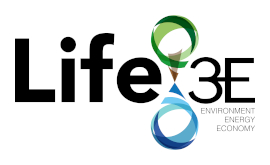
LIFE-3E
The goal of LIFE-3E: Environment-Energy-Economy is to develop and demonstrate an innovative process to promote water reclamation and reuse, integrating the production of in-situ renewable energy in the coastal Urban Wastewater Treatment Plant (UWWTP) of Comillas (Cantabria, Spain). This so-called Blue Energy will be generated by recovering the energy contained in the saline gradient through Reverse Electrodialysis. The project aims to contribute to improve the sustainability of water resources, promoting water reuse for road and street cleaning. In addition, it will minimize the external energy demand for wastewater treatment processes and reduce the Greenhouse Gas Emissions related to the consumption of fossil fuels.
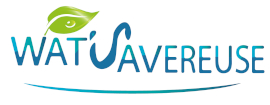
LIFE WAT’SAVEREUSE
WAT’SAVEREUSE is an international and interregional project funded by the EU’s LIFE programme, taking place in the Pyrenees-Mediterranean Euroregion. The general objectives of the project are to communicate and raise awareness about the benefits of transnational initiatives and legislation that promote the circular economy of water, particularly in the tourism sector, thereby reducing consumption and the need to resort to the reuse of treated water as an alternative resource. The project will help alleviate the identified environmental problem (water scarcity and drought), in particular through awareness campaigns aimed at various target groups: tourists, tourist establishments, municipalities, public bodies, and local authorities. The project runs from 2020 to 2023.
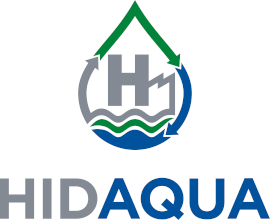
LIFE HIDAQUA
The project LIFE HIDAQUA comprehensively addresses the water management in EU industrialized areas, mainly focusing on the Mediterranean area, by addressing environmental problems i) the depletion of natural drinking water sources, ii) the low ecological and chemical status of natural water bodies due to the emissions of pollutants in industrial wastewater discharge, iii) burdening of the environment, especially natural water bodies, with the discharging of liquids and the landfilling of wastes from water treatment processes. The main objective of the LIFE HIDAQUA project is to demonstrate a sustainable water management approach in industry like Hidria factory, which is one of the leading European corporations in the production of automotive components. The project takes place from 2019 to 2023.
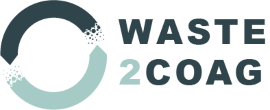
LIFE Waste2Coag
The LIFE Waste2Coag project aims to demonstrate an innovative and resource-efficient technology solution for brine and metal waste valorisation to produce sustainable coagulants for wastewater treatment. The technology is based on electrolysis (ELS) and the coagulants produced can be applied in-situ for pollutant removal at both wastewater treatment plants and industrial plants. Industrial scrap metallic wastes, generated by the metal industry, and brines, produced in desalination plants and industrial plants, will be valorised. Therefore, the project creates synergies between desalination plants, industrial plants and wastewater treatment plants, promoting a circular economy model. The project runs from 2021 to 2024.

LIFE MCUBO
The LIFE MCUBO project developed a methodology for minimising the environmental impacts related to water use in the food industry, through an integral water management system based on new low-cost sensor and wireless monitoring technology (Plug&Lean system) that measures water usage in production processes. From 2016 to 2019, LIFE MCUBO project have developped this technology in three food industry subsectors with high water consumption: meat, juices, and canned vegetables. The project demonstrated the potential of a more efficient use of water resources, which would lead to increasingly competitive food industries.
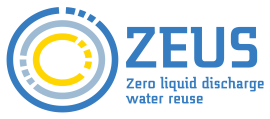
LIFE ZEUS
The ZEUS project aims to demonstrate the technical and economic feasibility of an advanced water recycling solution at the MONIN syrup manufacturing plant in Bourges. The objective is to achieve zero liquid discharge by separating three flows in order to reuse them: high-quality water that is suitable for food contact; mineral salts for regenerating softener resins; and concentrated organic compounds for producing renewable energy. At the end of the follow-up work carried out by INSA Toulouse during the project, the CHEMDOC WATER technological solution will be transferred and disseminated to other agri-food industries, notably by the International Office for Water. The project will last 42 months and will end in 2025.
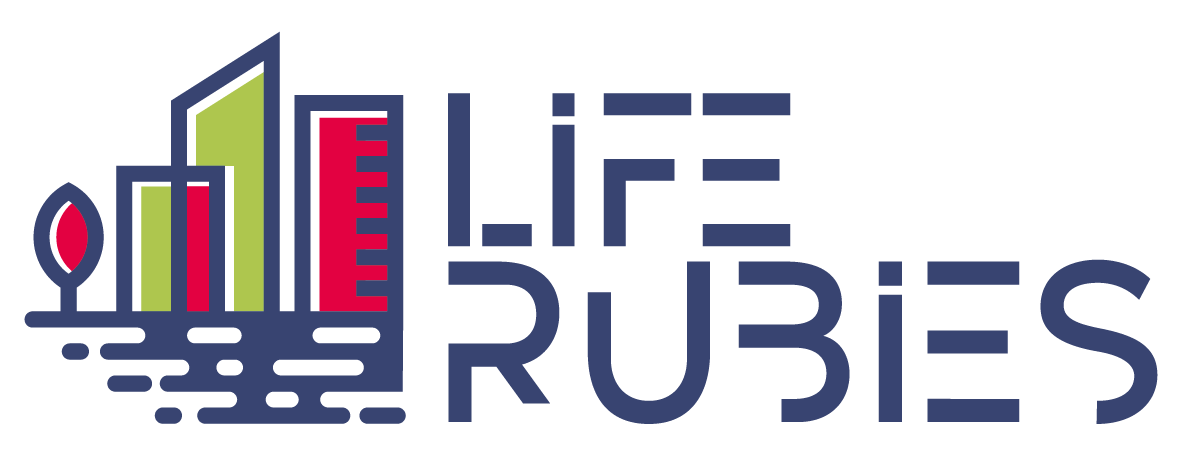
LIFE RUBIES
The LIFE RUBIES project aims to develop and deploy in two cities, Lille and Madrid, an operational tool aimed at reducing the impact of urban wastewater on the natural environment by controlling water pollution in real time. Real-time control will make it possible to direct and store urban wastewater to avoid pollution by relying on the coupling of sensors, models and controllers. It follows the LIFE EFFIDRAIN project (2014-2019) which made it possible to develop the concepts. The consortium is composed of eight industrial (SUEZ, Aquatec, Canal de Ysabel II), academic (University of Lille, CNRS, Consejo Superior de Investigaciones Científicas, CETAQUA) and public (MEL) partners. The project started in October 2021 and lasts 42 months.

